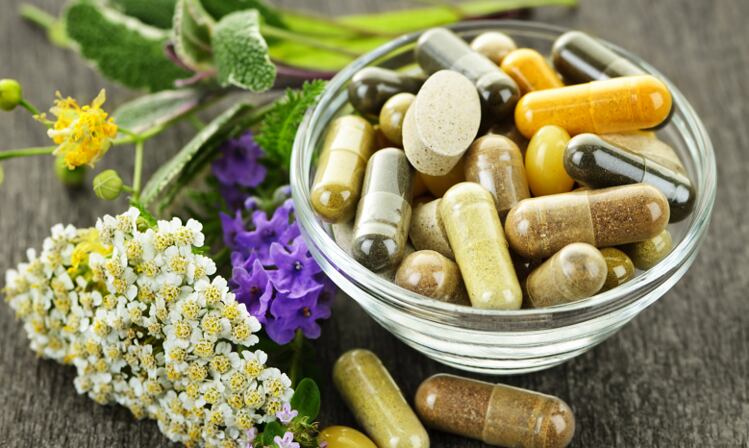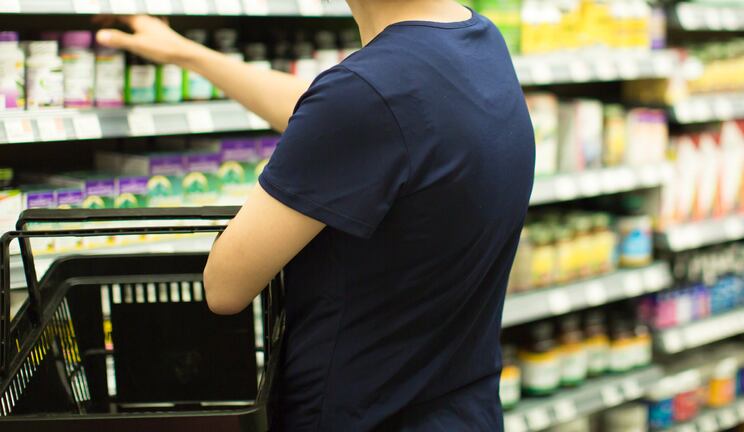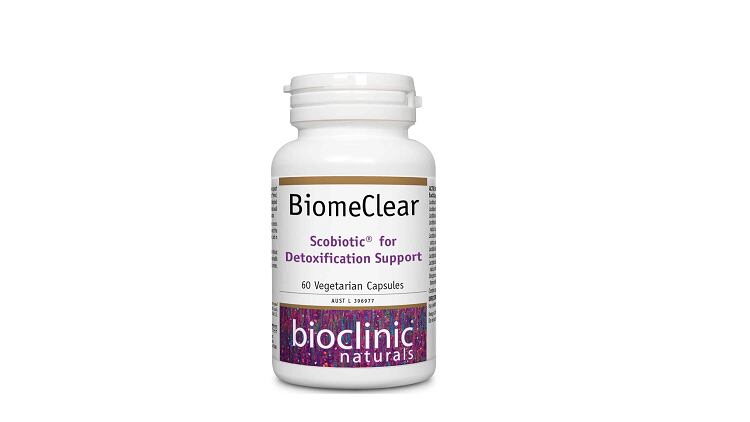The company’s supply chain of the turmeric that it uses to extract curcumin, has been certified by the Rainforest Alliance, an international non-governmental organisation, for its conformance with the alliance’s Sustainable Agriculture Standard.
The company has also implemented agricultural practices in line with the alliance’s standard for its supply chain of chilli and marigold – which it uses to extract lutein. It is expecting to receive Rainforest Alliance’s certification for the supply chains of these two materials by this year.
Speaking to NutraIngredients-Asia, Smiju Devassy, managing director at Arishina Life Sciences, pointed out that pesticides contamination was one of the top challenges that the nutraceutical industry was facing.
This is especially because contamination, which could be from pesticides, heavy metal such as chromium and mercury, packaging materials, or irrigation water, could not be eradicated once a batch of crops has been affected.
“It is very difficult, there is no mechanism to remove or vanish these contaminations once it is contaminated. The quality control has to be done at the farming level,” Devassy said.
To tackle these problems, the company has introduced best farming practices to the small holder farmers that it is working with.
These include training the farmers and educating them on the list of banned pesticides that are not to be used.
Others include training farmers to select good quality seeds, examine the quality of soil, and optimise the fertilisers.
“All these come under farming practices, which give them sustainable yield and they can avoid inferior quality crops,” he said.
The company is focusing its best practices on these three crops as they are the firm’s major portfolios and are grown in large quantity.
The company mainly sells its ingredients for the domestic market; or export them to the US or European markets.
Traceability
Another area of concern common among nutraceutical firms is the traceability of the ingredients.
To which, Devassy said the firm has established a GPS tagging system to each part of the agricultural process, such as the seed variety, fertiliser, pesticide used, as well as the quantity used.
It also provided the QR code for the final product sold in the consumer market.
“Anybody can scan the QR code and it will give [information on where was this manufactured, where did this happen, etc].”
Increasing the yield
Aside from contamination control and strengthening traceability, the company has managed to improve crop yield via the best practices.
For example, it has helped partnering farms improve the yield of turmeric from 2.5 metric tonnes per acre to four metric tonnes per acre in a 10-month crop cycle.





